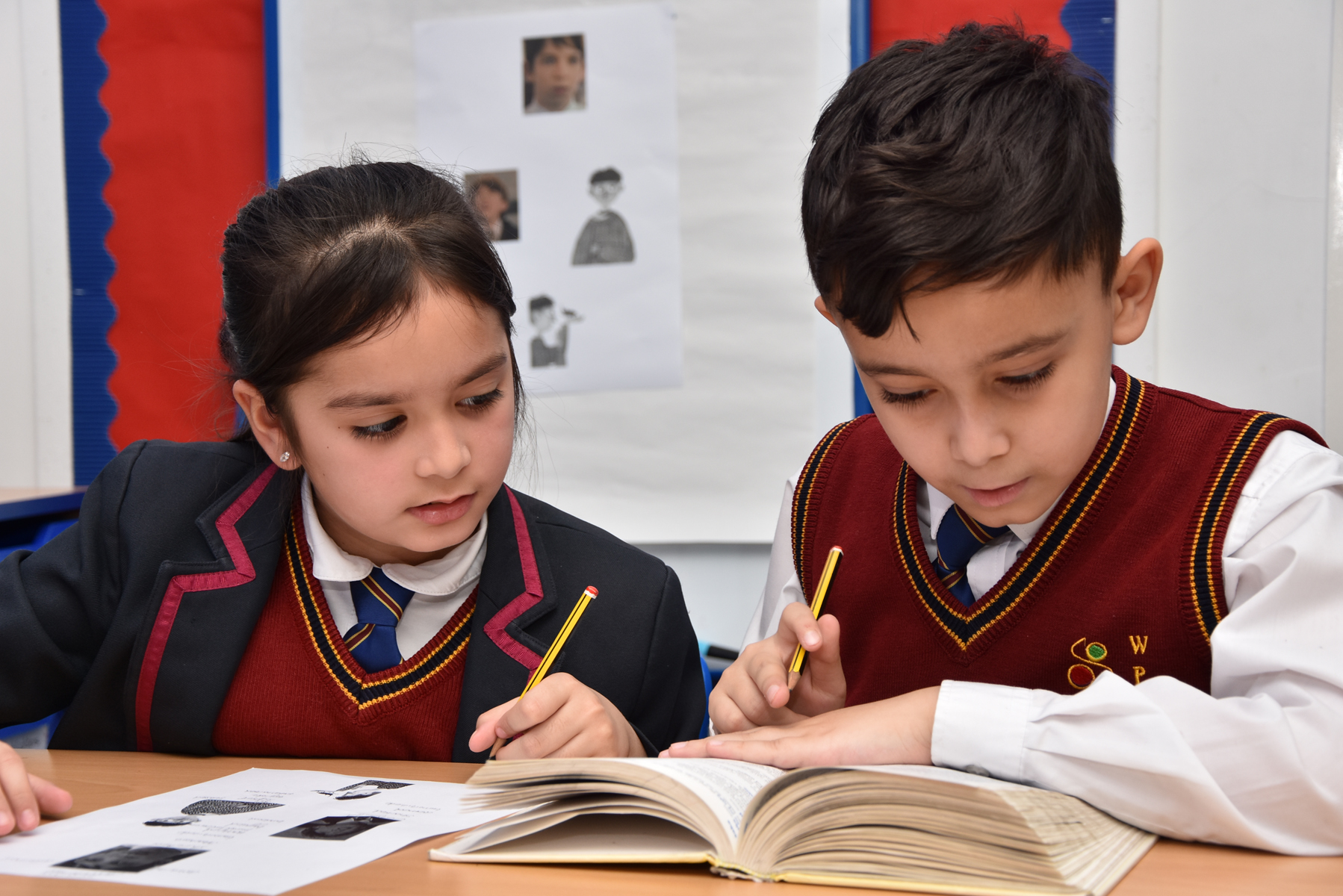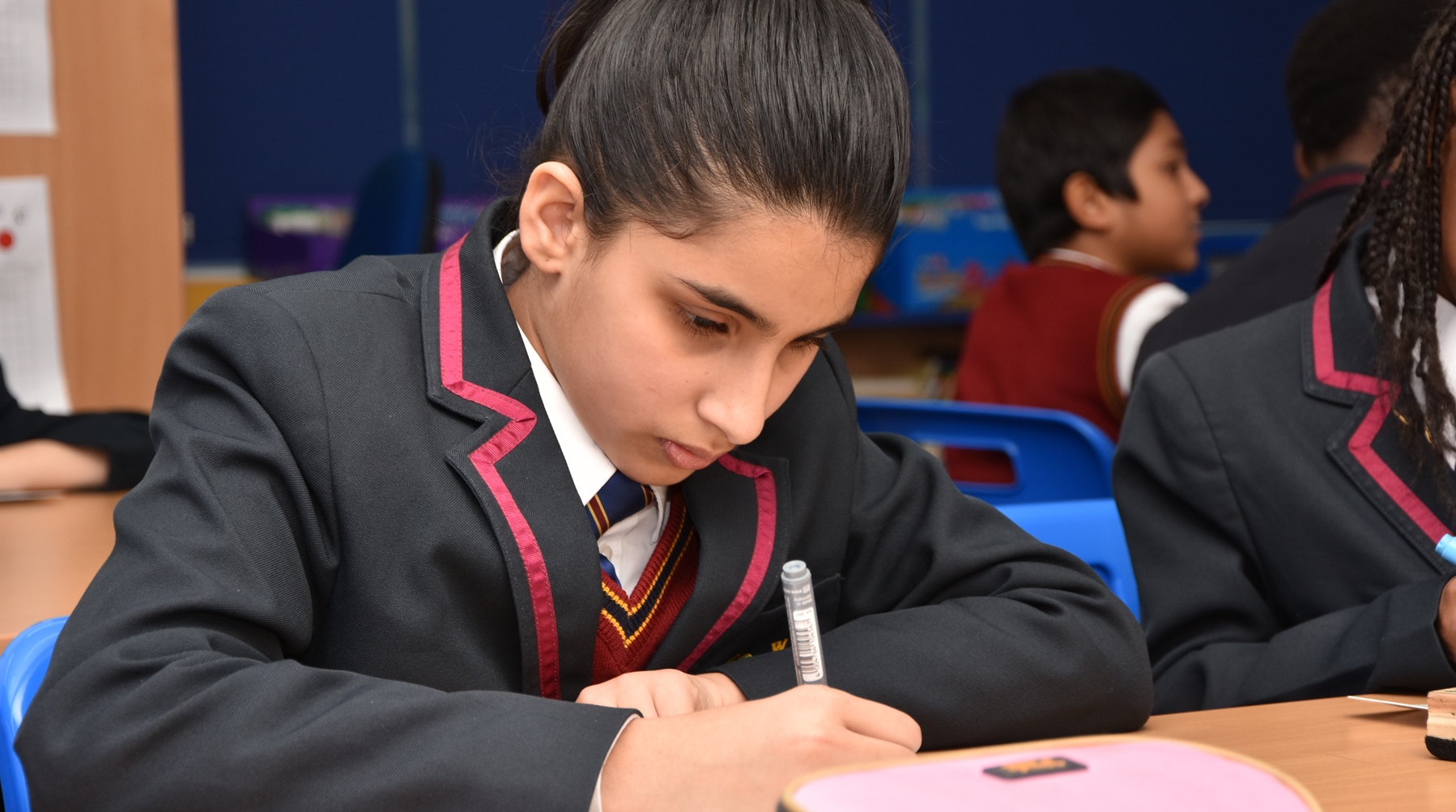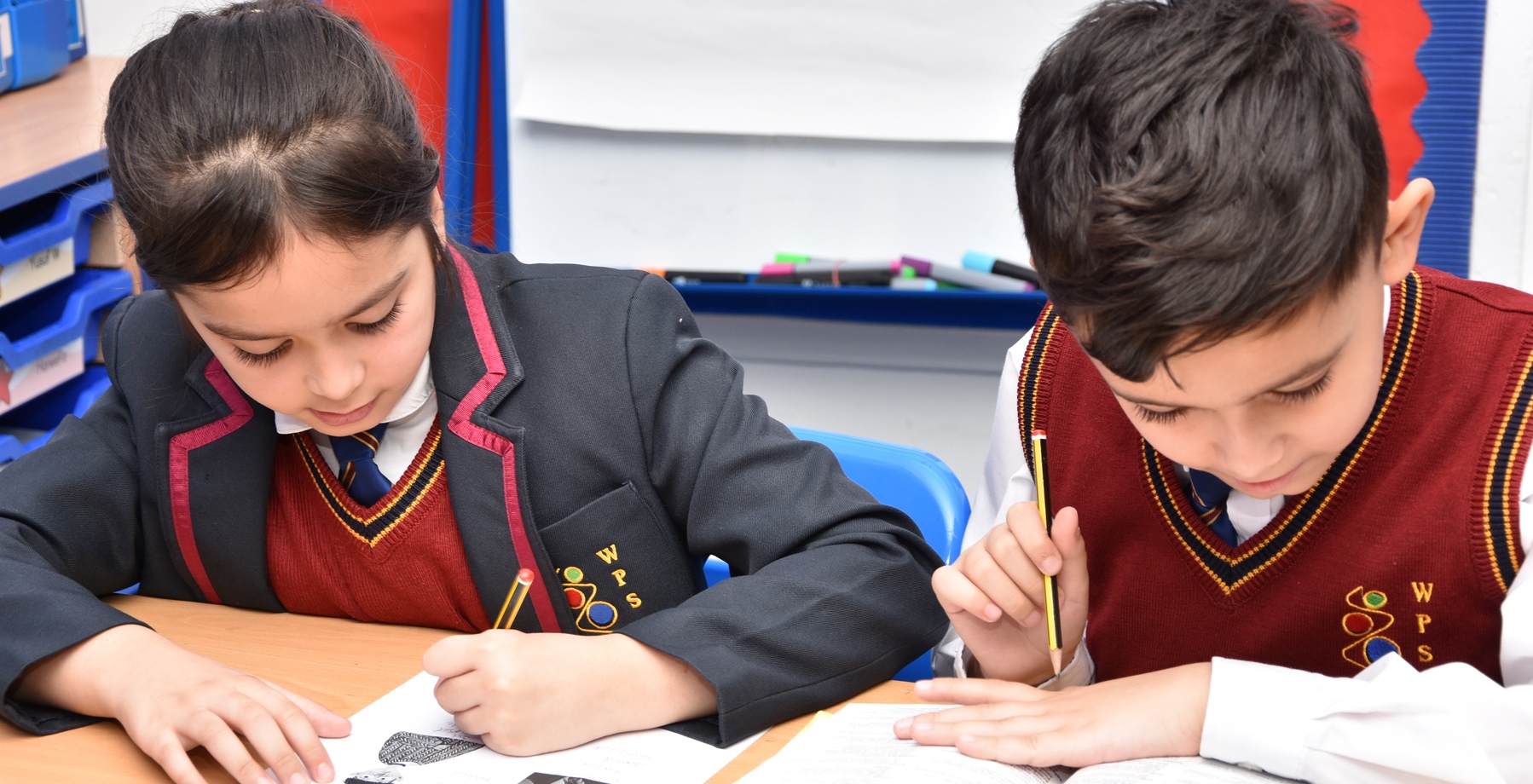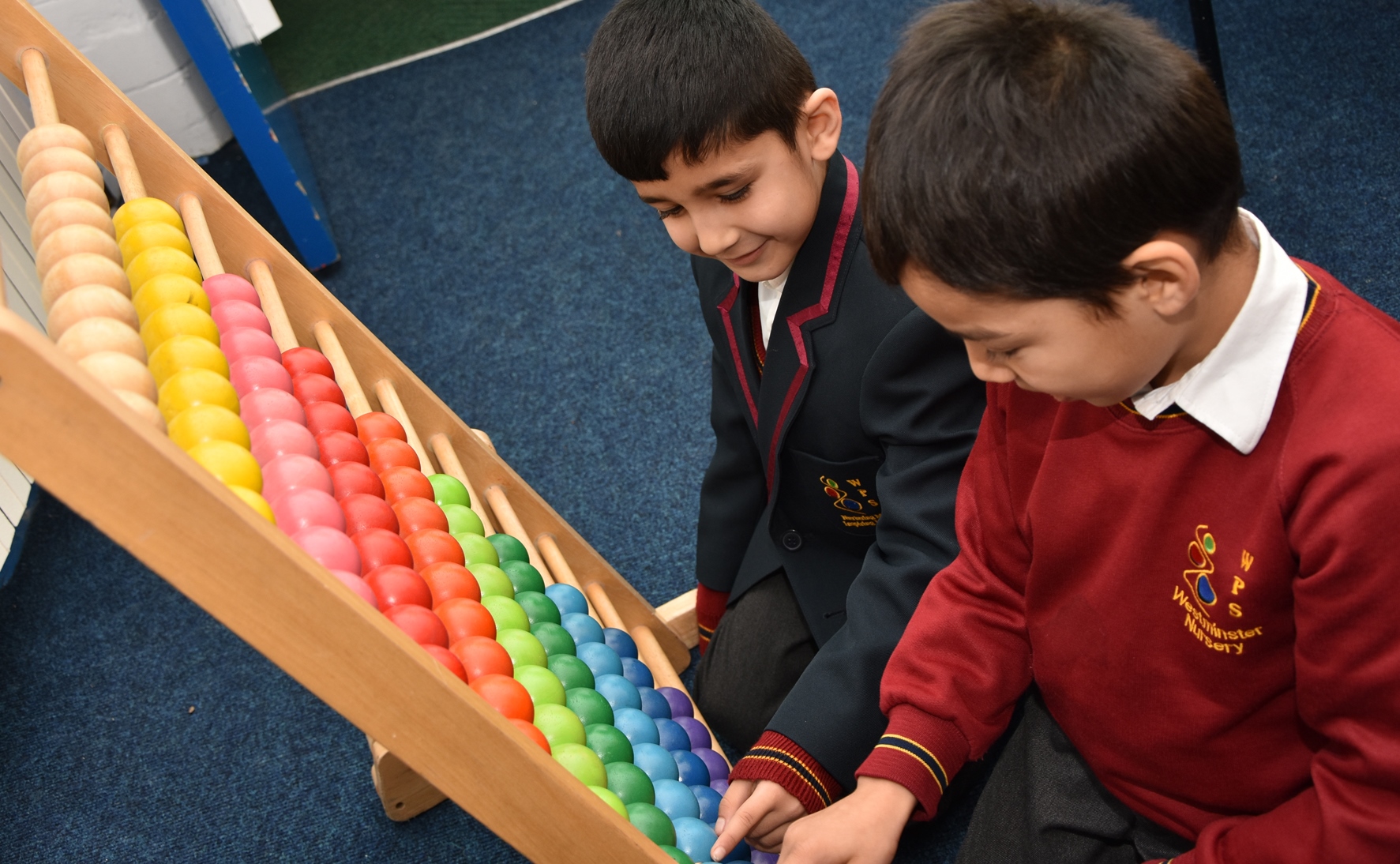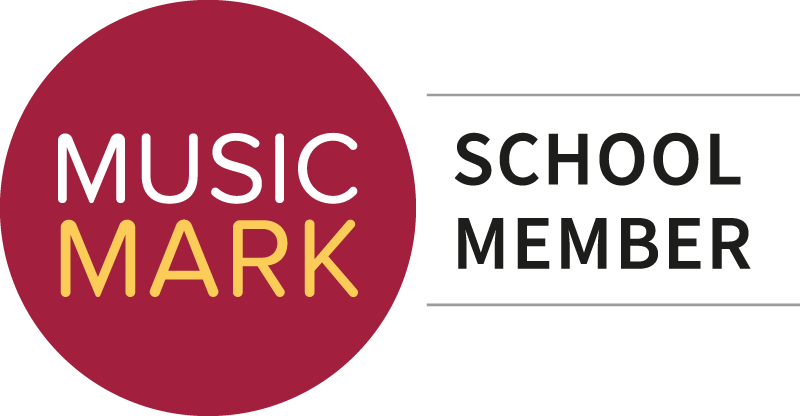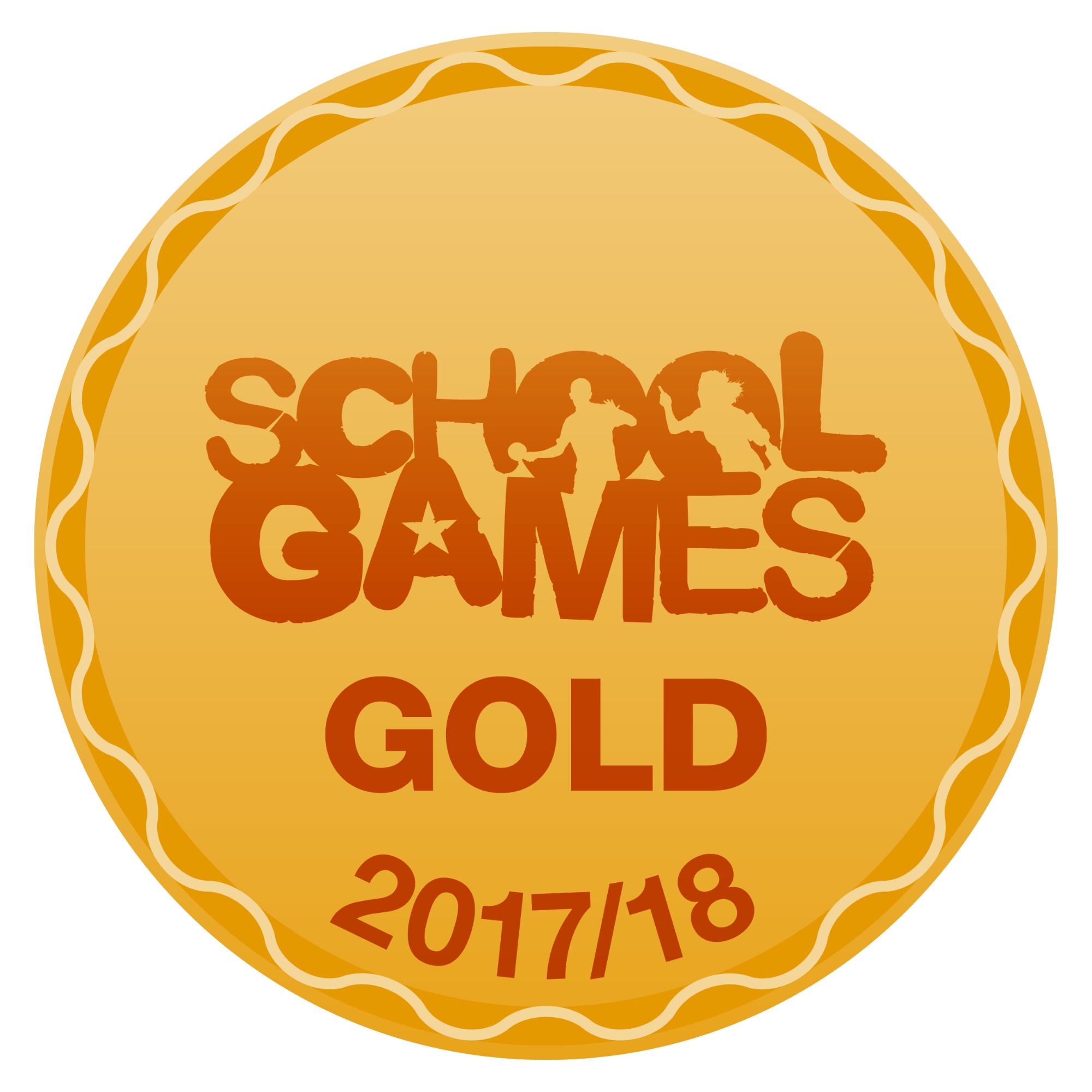EYFS
As outlined in the EYFS Framework 2017 ‘Every child deserves the best possible start in life and the support that enables them to fulfil their potential. Children develop quickly in the early years and a child's experiences between birth and age five have a major impact on their future life chances.’ With this clear vision we work towards providing the best possible start to education at Westminster Primary, promoting a culture of high expectations for our children to excel in an inspiring learning environment.
At Westminster Primary, we aim to provide the highest quality care and education for all our children, thereby giving them a strong foundation for their future learning through achievement in their early years. We create a safe and happy environment with motivating and enjoyable learning experiences. These play-based experiences and our carefully planned curriculum enable our children to become imaginative, confident and independent, lifelong learners.
Our early years practitioners are highly skilled in facilitating a variety of learning opportunities through observations, accurate intervention, effective questioning and supportive scaffolding to ensure learning opportunities are continuously purposeful and meaningful.
We value the individual child and believe in working alongside parents and others to meet their needs and help every child to reach their full potential. We hold a variety of workshops and coffee mornings. In addition to this, individual support is given to parents when they need further information to support their child’s learning at home.
We adhere to the Statutory Framework of the EYFS and the four guiding principles that shape practice within Early Years settings.
Every child is a unique child, who is constantly learning and can be resilient, capable, confident and self-assured.
Children learn to be strong and independent through positive relationships.
Children learn and develop well in enabling environments, in which their experiences respond to their individual needs and there is a strong partnership between practitioners and parents and/or carers.
Foundation Stage Curriculum
We plan an exciting and challenging curriculum based on our observation of children’s needs, interests, and stages of development across the seven areas of learning to enable the children to achieve and exceed the Early Learning Goals.
By the time they reach the end of the EYFS stage, children should have achieved the 17 Early Learning Goals, which encapsulate the knowledge, skills and understanding they should have at the end of the academic year in which they turn five.
All the seven areas of learning and development are important and inter-connected.
Three areas are particularly crucial for igniting children's curiosity and enthusiasm for learning, and for building their capacity to learn, form relationships and thrive.
These three areas are the prime areas:
Communication and Language
Physical Development
Personal, Social and Emotional Development
Children are also supported through the four specific areas, through which the three prime areas are strengthened and applied.
The specific areas are:
Literacy
Mathematics
Understanding the World
Expressive Arts and Design
As part of our daily practice we use Characteristics of Effective Learning (CoEL) which are a key element of EYFS. CoEL are used in our planning for a range activities, creating opportunities to enable our children to explore these characteristics. Our practitioners reflect on the different ways that children learn and use observations to inform future planning. The three characteristics of effective teaching and learning identified by the EYFS are:
Playing and exploring - children investigate and experience things, and ‘have a go’.
Active learning - children concentrate and keep on trying if they encounter difficulties, and enjoy achievements.
Creating and thinking critically - children have and develop their own ideas, make links between ideas, and develop strategies for doing things.
Handwriting
As a school we use cursive handwriting and this begins in the Foundation Stage. The initial focus in Nursery is working on their gross and fine motor skills and their ability to initially hold a pencil, ‘mark-make’ and follow patterns and some letter formation. In Reception, children are taught to form pre-cursive letters, using Letterjoin to enhance the teaching of cursive handwriting.

